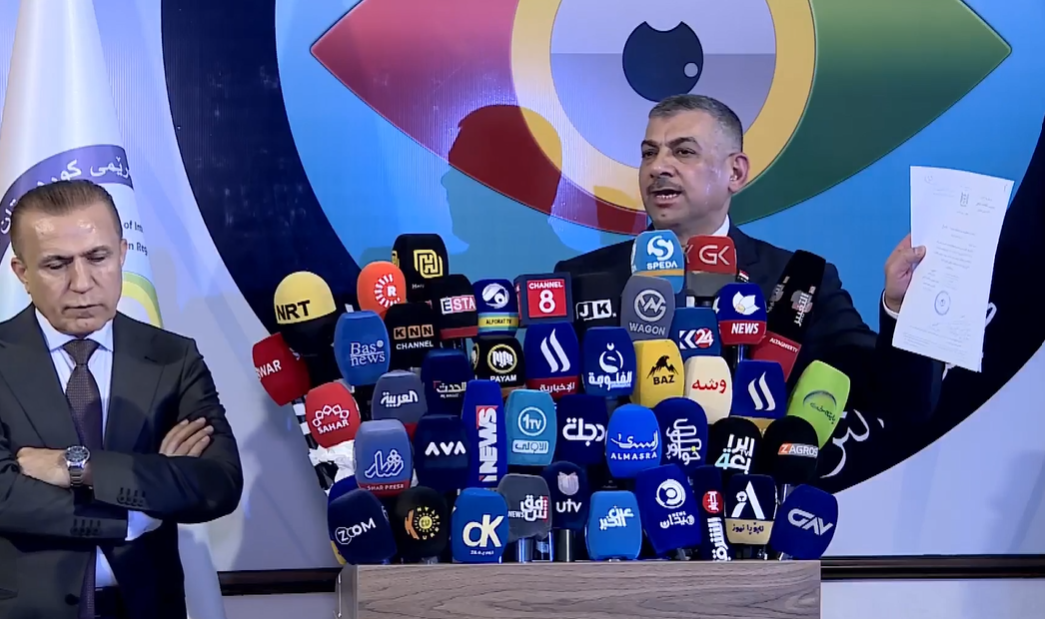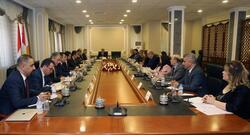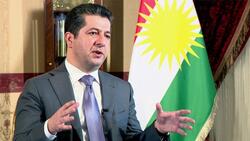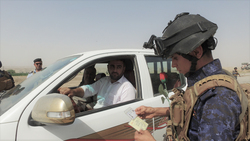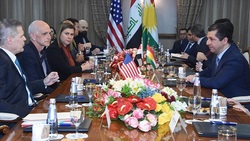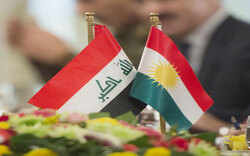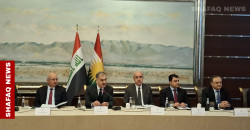Iraq’s Integrity authorities declare war on corruption, reveal details of "Theft of the Century"
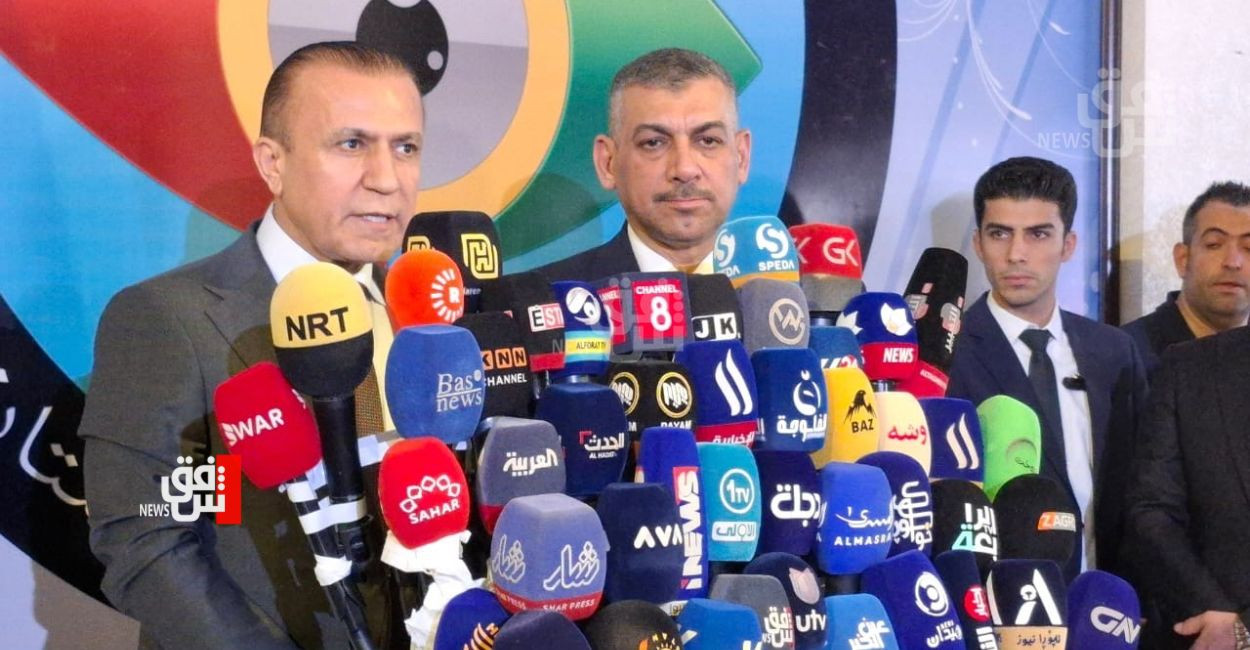
Shafaq News/ In a statement reflecting frustration and resolve, Judge Haidar Hanoon, head of Iraq’s Federal Integrity Commission, and Ahmad Anwar, head of the Integrity Commission in the Kurdistan Region, have launched a decisive anti-corruption campaign in response to one of the largest financial scandals in Iraq’s history.
During a press conference in Erbil on Wednesday, the officials addressed the implications of the infamous "Theft of the Century" scandal, which involves the embezzlement of 3.7 trillion Iraqi dinars (approximately $2.5 billion) from tax deposits. This scandal has rocked Iraq's political landscape and spurred urgent calls for reform.
Hanoon expressed disappointment over what he described as the "undermining of the Commission’s efforts and the disappearance of crucial files related to the case against the accused, Noor Zuhair, from Judge Diyaa Jaafar’s court," emphasizing that these developments present a "significant challenge to anti-corruption efforts and the recovery of stolen state funds."
He revealed that the Noor Zuhair file, which had been referred to the Central Criminal Court, contained 114 financial instruments. He pointed out that "the law necessitates the opening of 114 separate cases, but they were instead handled as a single case."
Hanoon criticized this handling and questioned, "Why only one case was opened despite additional crimes, including the manipulation of 420 dunams of land in Basra, which had been registered under fictitious names." This case was reportedly transferred to Baghdad following a decision by Judge Diyaa Jaafar.
He also disclosed other corruption cases, such as "the theft of railway assets valued at $18 billion, which were sold off without any action from Judge Jaafar for two months." He demanded a public session involving Judge Jaafar to fully disclose the facts to the public, accusing Jaafar of issuing an arrest warrant against him [Judge Haidar Hanoon] and pursuing him personally.
In his call for action, Hanoon urged the Iraqi Parliament to investigate whether the Integrity Commission is protecting corrupt individuals or concealing public funds. He also recommended that the Supreme Judicial Council annually replace judges within the Commission to ensure transparency and integrity in handling major corruption cases.
Hanoon expressed a preference for imprisonment with honor over concealing the identities of those involved in the scandal.
Additionally, Hanoon called on the Iraqi Parliament to host him next week to either "confirm or dismiss his position, emphasizing the need for a unified effort with Kurdistan to achieve comprehensive reforms." For his part, Kurdistan Regional Prime Minister Masrour Barzani publicly supported the Commission’s anti-corruption efforts, signaling a "collaborative approach to tackling the issue."
